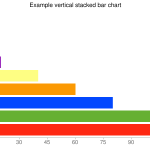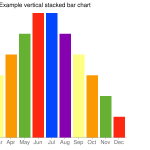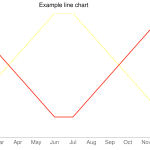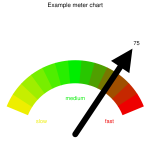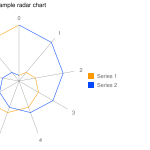PHP Vacancy
We’re hiring for a Software Engineer at work to join our technical team based in Birmingham city centre (Jewellery Quarter). If you’re looking for a challenging PHP role and you think you might fit the bill, please do drop me a line with your current CV. Full job specification below. Please don’t be put off by the crappy website, we’re literally just about to launch its replacement :)
Glide is a rapidly growing energy and telecommunications company specialising in looking after tenants, landlords, letting agents and property investors across the UK. They supply gas, electricity, telephony and broadband services to residential and commercial customers.
About Glide
They believe in hard work in an informal atmosphere that encourages people to express their ideas. They look for talented people who want to work with technology and can tackle problems in a smart and creative way. Their employees enjoy working in a challenging environment that brings out the best in them. Customers and customer service are at the heart of everything they do – their business revolves around their customers.
They have their own in-house development, customer support and sales teams and remain focused on keeping their costs low through automation and keeping customers informed through good communication. As technology evolves, they aim to bring new and improved services to their customers as early as possible.
About The Role
They currently have an opportunity for a full-time senior software engineer, starting immediately, as part of their in-house software team.
The role will focus on developing their bespoke systems. Their systems are written in object-orientated PHP with a SQL database. You will need to be a highly competent programmer in PHP, SQL, Javascript, AJAX, Smarty templates, Model-View-Controller and in documenting your work. Good familiarity with Ubuntu/Debian based systems is required. Experience with invoicing routines, SVN or accountancy systems would be useful.
The role will involve working on projects to develop existing products, launch new products and services, improve internal customer service systems, update and maintain accountancy systems and invoicing scripts, debugging and diagnosing problems with their existing code base and working closely with their customer service teams. The role also includes integrating their system with multiple third party suppliers, redeveloping customer portals and revamping their website.
You will be enthusiastic about new technology, eager to learn, and will hold a degree in Computer Science or equivalent. You will be capable of managing your own time.
Application Details
The company is a place where everyone can be heard. If you like the sound of this opportunity, they’d love to hear from you. Please direct your communication and correspondence through my team or direct to me. Please view the website at www.glide.uk.com for more background information to assist you with your response.

